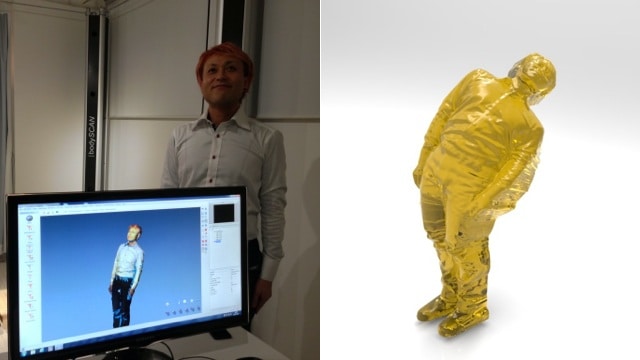
What do your parents have to do your adulthood? Well, a lot actually—but it’s more about what they didn’t tell you than what they did.
By the time I was 14 years old, I was buying into the belief that my parents had absolutely nothing to do with the direction my life was headed or the way I would turn out. It wasn’t until I was navigating adulthood that I began to understand that there were quite a few things that I didn’t learn as a child to prepare me for a healthy adulthood, and here’s a report from my counseling office: you probably haven’t been taught them, either. Here’s three big examples:
1. You live in a different culture than they do.
When your mother gives you words of advice about finding a Christian mate or getting a job or raising your kids, she does so with her own cultural lens firmly fixed in place.
At its basic definition, the “behaviors and beliefs characteristic of a particular social, ethnic or age group” change over time. And the culture of your parents is most certainly not the culture you’ve been born into. Furthermore, culture effects both behaviors and beliefs. The unfortunate thing about your parents never telling you that some of their beliefs are based in their culture is that some culturally bound beliefs are taught as gospel truth.
You honor your parents as a young adult by recognizing and being “culturally sensitive” to the fact that many of their beliefs and behaviors (and yours!) are rooted within the time-oriented culture of your youth.
Our goal as Christians is to dive deeply into truth that exists beyond culture. Is getting married and working a 9-5 job the “only” way to do life? Of course not. But it is “biblical” to work with diligence (Col. 3:23) and to be respectful of authority (1 Peter 2:17). With some sensitivity, it’s possible to avoid devolving into an argument with your parents about right and wrong and your life choices and theirs. Both of you can learn to see the differences for what they are—just different.
2. You learned more by what they did than by what they said.
Most of us are very aware of the things our parents taught us—or never mentioned— about money, sex, work ethic, personal integrity. But how did you observe these convictions lived out in your parents’ lives? How did you observe the way they fought, forgave, worked as a team, showed compassion? If your parents divorced, what did you observe about their interactions after the marriage ended?
From the way they took on house projects to the way they took on a telemarketer, how our parents act has shaped us. We are social learners, and our longest and strongest model of adulthood are our parents.
The old youth ministry adage, “More is caught than taught,” applies to us even into our adulthood. One of the best ways to grow into your own maturity is to understand the good and bad things that you’ve caught from your parents. Most likely, there are some incredible things that you will want to carry on into your own life … and probably a few you need to actively get away from.
Here are a few questions that may help you understand what you’ve “caught” from your family: In your home, how was money managed? How was conflict handled? Among the adults? Among kids? And how were roles handled? Did your mom and dad have strong and separate roles? Did they function with distinct roles, or were the responsibilities shared equally?
3. Your parents never told you that you’d pick up some bad habits from them.
Even the most loving and healthy homes contain bad habits. Perhaps by answering the above questions you’ve discovered a few of them. Maybe it was the manipulative way your mom undermined your dad’s decisions. Maybe it was the way your dad chose work or sports over you. Maybe it was the way both your parents were slaves to their paychecks or they way they treated alcohol or the way they lived out their fears. Like it or not, there are patterns in their own lives that create habits in yours.
Although, it should be said that our parents don’t “cause” us to sin. I love Jesus’ response concerning parents and blind son in John 9, where He demolishes the argument that that the sons and daughters reap the consequences of the sin of their parents. The dysfunctional, the disenfranchised, the hurting and the broken all have access and are all indeed welcomed into Christ’s healing presence. We don’t stay broken or perfect as adults because of our childhood.
The wonderful reality of our adulthood is that we are always growing. Our parents influence us, but they don’t “make” us into the adults we are. The child you were is not the adult you have to be. The transition from child to adult is a transition of responsibility. Regardless of how healthy or how sick our family environment was growing up, our lives are now our own responsibility. We get to choose whose authority we answer to. Will it be the voices from your past or the voice of truth? And it is the great hope of our faith that not one of us is defined by our circumstances or our upbringing but by the transformative power of Christ in us.






















